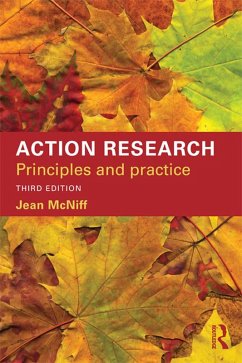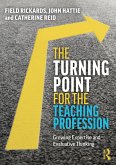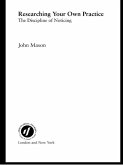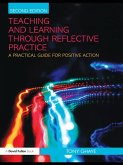- all professionals should be reflective practitioners;
- they should produce their personal theories of practice to show how they are holding themselves accountable for their educational influences in learning;
- the stories they produce become a new people's history of action research, with potential for influencing new futures.
This new edition has expanded in scope, to contribute to diverse fields including professional development across the sectors and the disciplines. It considers the current field, including its problems as well as its considerable hopes and prospects for new thinking and practices. Now fully updated, this book contains:
- A wealth of case-study material
- New chapters on the educational significance of action research
- An overview of methodological and ethical discussion
The book is a valuable addition to the literature on research methods in education and nursing and healthcare, and professional education, and contributes to contemporary debates about the generation and dissemination of knowledge and its potential influence for wider social and environmental contexts.
Practitioners across the professions who are planning action research in their own work settings will find this book a helpful introduction to the subject while those studying on higher degree courses will find it an indispensable resource.
Dieser Download kann aus rechtlichen Gründen nur mit Rechnungsadresse in A, B, BG, CY, CZ, D, DK, EW, E, FIN, F, GR, HR, H, IRL, I, LT, L, LR, M, NL, PL, P, R, S, SLO, SK ausgeliefert werden.









